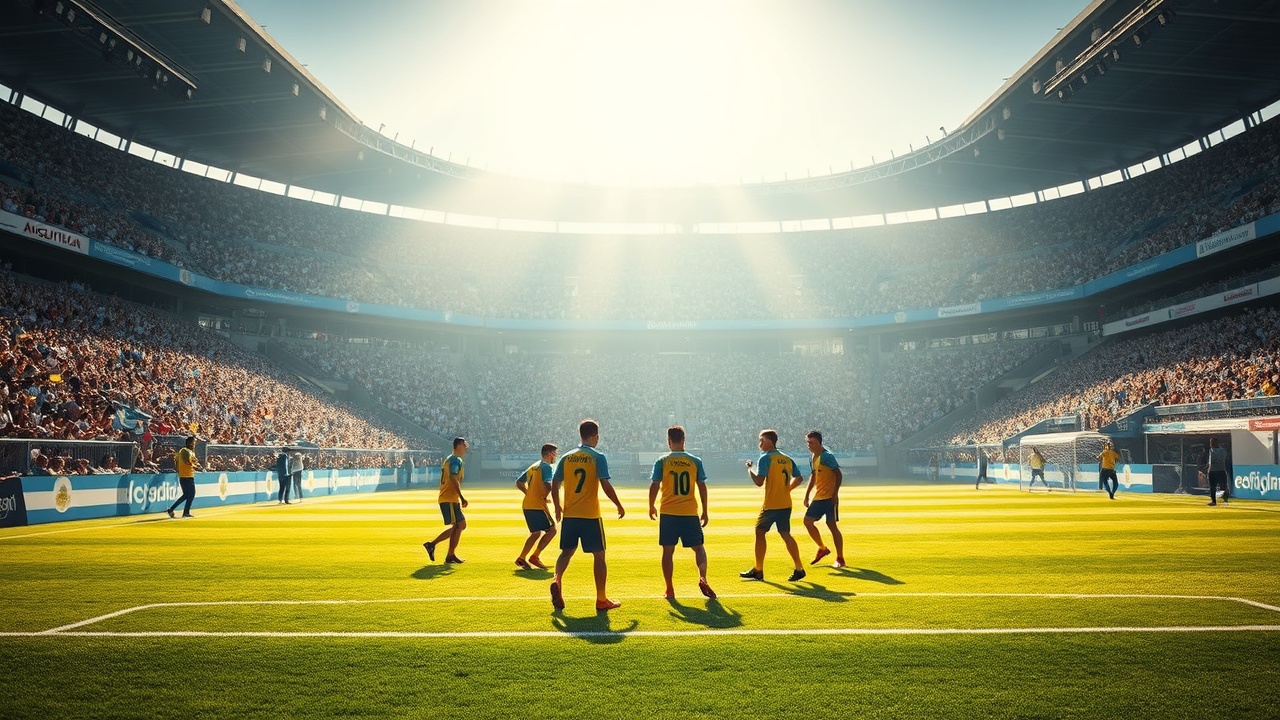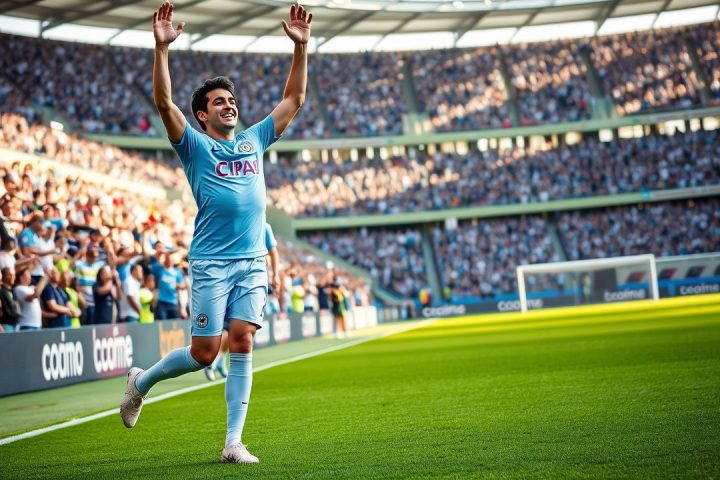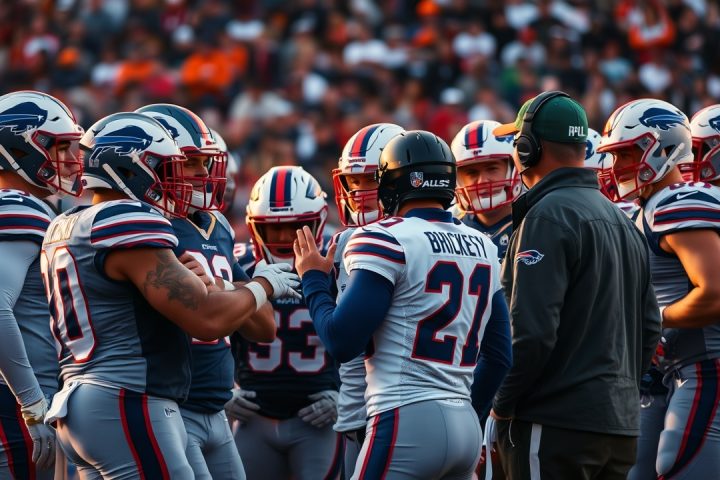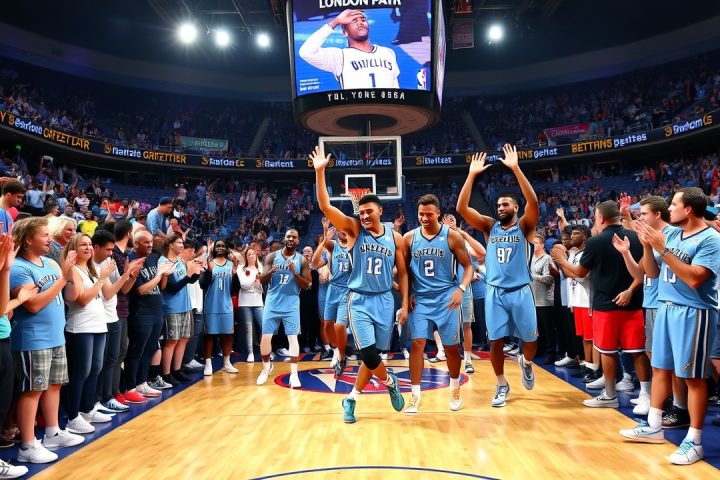Argentina’s Football Renaissance
In 2019, a significant turning point for Argentina’s national football team emerged, spearheaded by coach Lionel Scaloni and superstar Lionel Messi. This year marked the start of a project that would eventually shape one of the most successful squads in Argentine football history. Although they fell short in the semifinals of the Copa América against Brazil, the foundations were being laid for future success. Fast forward to today, Argentina has clinched the Copa América title twice consecutively and achieved glory at the 2022 World Cup, breaking a long championship drought that lasted since 1993.
Challenges in Argentine Club Football
Despite these national triumphs, the same cannot be said for Argentina’s club scene, primarily due to the majority of top talent playing overseas. Conversely, 2019 also represented a pivotal era for Brazilian football. At the onset of that year’s Copa Libertadores, only one Brazilian team had claimed the title over the last five seasons, suggesting a potential drought. However, Flamengo’s incredible comeback against River Plate in the final transformed the competition, leading to an unprecedented dominance of Brazilian clubs. Since that remarkable finish—where Flamengo scored two late goals to win 2-1—the Libertadores has witnessed six consecutive Brazilian victories, a new record in its 66-year history.
Financial Dynamics and Coaching Innovations
Financial resources play a crucial role in this Brazilian hegemony, although they are not the sole factor. A decade ago, Brazilian clubs already enjoyed a wealth advantage compared to their Latin American rivals, but they are now utilizing these funds more effectively. The influx of innovative foreign coaching, especially from Portugal, has invigorated Brazilian teams. Enhanced scouting networks have allowed for the acquisition of talent from various South American nations, further contributing to the immense strength and depth of these teams.
Current Libertadores Landscape
As for the current edition of the Libertadores, while Brazil boasts three teams in the quarterfinals, Argentina features four representatives, hinting at a possible shift in power. However, predictions are largely skeptical about Argentine teams reclaiming their previous glory, especially given their recent performances. Racing Club holds prospects as they advanced past compatriots Vélez Sarsfield, but they are now in a challenging position against Flamengo, who recently showcased their advantage by surpassing their rivals with relative ease.
Recent Performances and Future Matches
This was evident in the recent Club World Cup, where Brazilian sides advanced far while Argentine clubs were eliminated early. Brazilian giants like Flamengo and Palmeiras, with their high-value signings for the current season, further enhance their positions as favorites. Palmeiras has reinforced its squad with talents like Vitor Roque from Barcelona and Andreas Pereira from Fulham, while Flamengo added Saúl Ñíguez from Atlético Madrid and Jorginho from Arsenal. On the contrary, while River Plate and Estudiantes have impressive histories and resources, they faced severe tests against Brazilian competitors.
In the first legs of their respective ties, both River and Estudiantes struggled immensely, with River unable to contain Palmeiras’ attacks and Estudiantes quickly falling behind to Flamengo. Nevertheless, the second legs offered a glimmer of hope as both Argentine clubs reorganized strategies and managed to score vital equalizers, setting the stage for tense penalty shootouts. Sadly for River Plate and Estudiantes, they could not outlast their Brazilian foes, with Flamengo advancing due to crucial saves from their goalkeeper and Palmeiras sealing their victory with commanding gameplay.
Looking Ahead
Now, with Flamengo and Palmeiras separated in the semifinal draw, they are seen as clear frontrunners for another all-Brazilian final. Racing Club will face Flamengo next month, while Palmeiras prepares to meet Ecuador’s Liga de Quito, seeking to further tighten Brazil’s grip on the tournament. Notably, Liga de Quito is riding high after defeating São Paulo, maintaining their morale as they approach the high-altitude challenges of Quito. Nonetheless, both Racing and Liga de Quito face uphill battles if they hope to disrupt what seems to be a continuing trend of Brazilian dominance in South American football.




